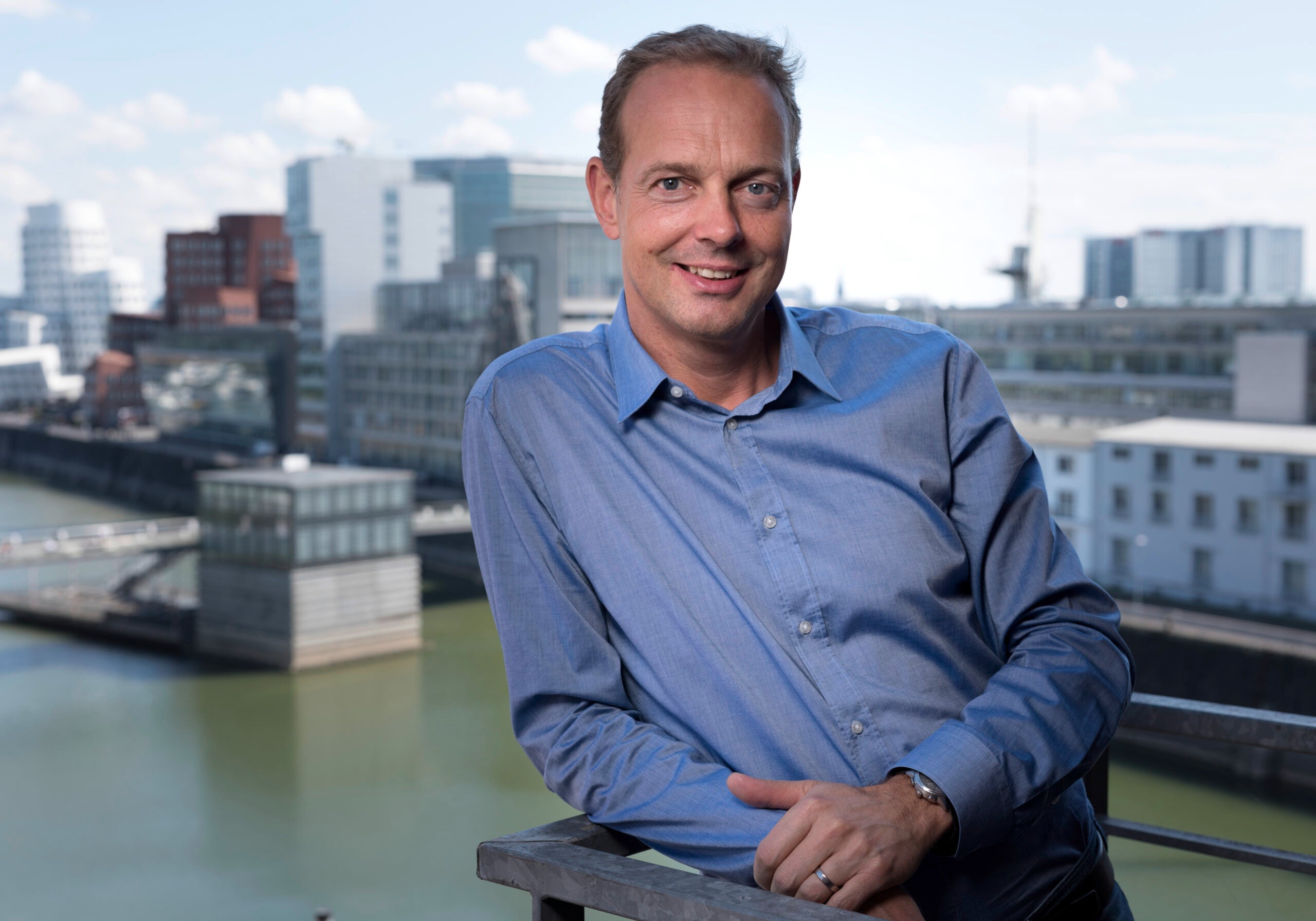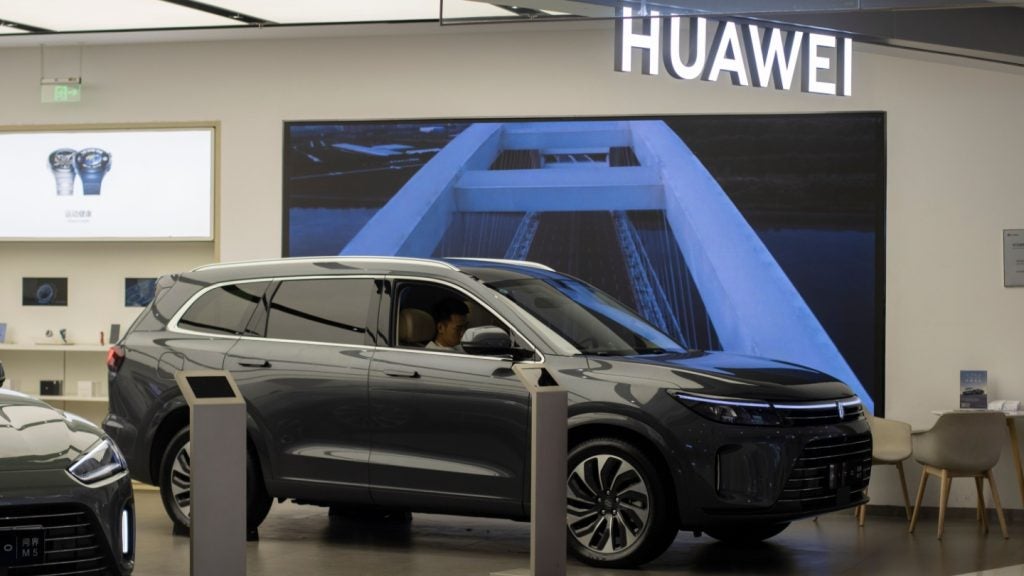
Bernd Gross is the CTO of Software AG, an enterprise software company with a focus on the internet of things (IoT) and industry 4.0.
Founded in 1969, the Germany headquartered company now has more than 10,000 enterprise customers spanning across 70 countries.
Gross has more than 25 years of international experience in the IT industry, including innovation management and technology rollout projects at the likes of Nokia Siemens Networks. In 2012, Gross co-founded IoT platform Cumulocity, which went on to be acquired by Software AG in 2017. Since then, he has spearheaded the company’s entry into the IoT market and transitioned the company to the cloud.
In this Q&A, the 35th in our weekly series, Gross explains how digital technologies can provide some answers to the climate crisis, why 5G alone won’t transform the world and why we need to change our attitude to automation.
Rob Scammell: Tell us a bit about yourself – how did you end up in your current role?
Bernd Gross: I began my career working in the telco industry in Germany and then almost 10 years abroad. While working on the IoT branch of Nokia Siemens Networks in 2012, I decided it was the right time to set up my own company which culminated in the birth of Cumulocity IoT – fast forward five years and we went on to be acquired by Software AG. Since then, my role as CTO has seen me transition the company to the cloud and spearhead our entry in the IoT market.
What’s the most important thing happening in your field at the moment?
The climate emergency is the most alarming crisis facing us all in the long-term. While no single company can provide a perfect one-size-fits-all solution to every sustainable issue, digitalisation can provide some of the answers. That’s why broadly speaking, the technology initiatives working towards this end are arguably the most important by far, whether that’s investing in the circular supply chain, tackling deforestation or accelerating the transition to renewable energies. IoT technologies can make a big difference in this context.
How well do you really know your competitors?
Access the most comprehensive Company Profiles on the market, powered by GlobalData. Save hours of research. Gain competitive edge.

Thank you!
Your download email will arrive shortly
Not ready to buy yet? Download a free sample
We are confident about the unique quality of our Company Profiles. However, we want you to make the most beneficial decision for your business, so we offer a free sample that you can download by submitting the below form
By GlobalDataWhich emerging technology do you think holds the most promise once it matures?
For me, it has to be the internet of things. As soon as the technology matures, we’ll see its full potential and how it stands to transform every aspect of our lives – the way we shop, farm, drive, work, the list goes on. IoT will enable smarter, safer and more sustainable cities akin to what we see in the movies, and will give rise to our truly connected world of living connections.
How do you separate hype from disruptor?
Having the ability to truly change the world separates technology fads from true disruptors. Take 5G as an example, I know it’s going to be important, but the current hype reminds me a lot of the one which surrounded LTE or 3G. While the applications using 5G will no doubt transform the world, it won’t be 5G alone.
What’s the best bit of advice you’ve been given?
Be yourself – don’t try to ‘fake’ anyone. It is the only way to build trust and that’s the foundation of everything.
Where did your interest in tech come from?
I can’t remember a time when I wasn’t fascinated by tech. As a small kid, I built my own circuit boards and my room smelled from my soldering iron. Home computers became more popular when I was a school kid, so I gained my first programming skills on a ZX spectrum.
What does a typical day look like for you?
Usually, I spend a lot of my time with customers and partners. That’s really inspiring for me. I generate most new concepts and ideas as a result of ‘external’ discussions. Usually, big corporates create their own truth and that’s really dangerous in today’s fast-moving world. The next disruption is just around the corner.
What do you do to relax?
I like to surf – yes, I know this is a strange hobby for a German, but I find it really relaxing. Sitting on a surfboard, watching the sea at the horizon and waiting for the next wave to catch it is absolutely amazing. Another big hobby is scuba-diving. I take a two-week diving break at least once a year. Totally relaxing. When I’m at home, I run a lot and spend time with my family and friends.
Who is your tech hero?
I have had different heroes at different times in my life – for example, Steve Jobs really inspired me to become an entrepreneur. His speech at the Sandford University in 2005 was amazing. At the moment, my number one hero has to be Elon Musk – I know he can be quite controversial but still, what he is achieving is enormous. And yes, I drive a Tesla…
What’s the biggest technological challenge facing humanity?
Advances in technology and healthcare mean we’re all expected to live far beyond what we could have imagined 50 years ago. With productivity levels impacted as workers care for elderly relatives, we’ll have to change our attitude towards automation. We’ve already seen robots used for dirty jobs in places like Fukushima, but expect to see them introduced to industries with shortages of skilled labour such as construction, farming and lorry drivers.
Read more: CTO Talk: Q&A with Extreme Networks’ Nabil Bukhari




